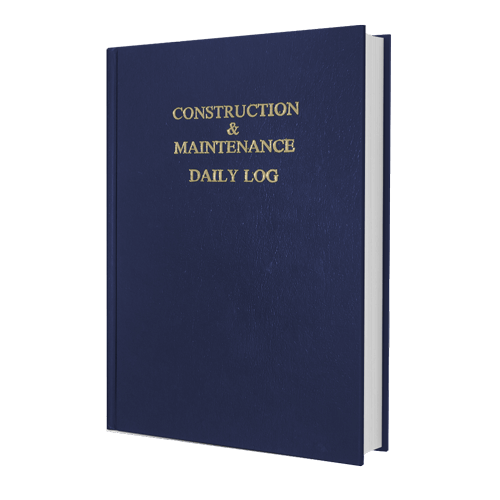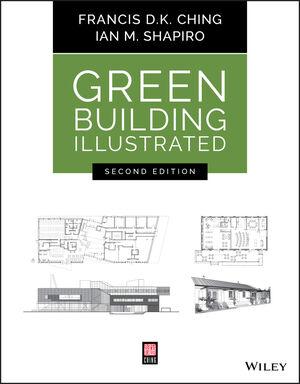
Antony Wood has been the executive director of the Council on Tall Buildings and Urban Habitat since October 2006. Wood, 41, is also a professor of architecture at the Illinois Institute of Technology in Chicago, which is where the council is headquartered. Last year, he earned his Ph.D. in architecture from the University of Nottingham, where he taught before he relocated to Chicago to lead the council. His Oct. 12 interview with ENR at the CTBUH Seoul World Conference, which was held on Oct. 10-12, has been condensed and edited.
ENR: How is the council doing?
Wood: We've quadrupled our membership in the past five years. Even during the recession, there has not been a month in five years that we have not brought in a new member firm. If you add up the number of staff in our member firms, we reach about 500,000 people. Close to 70% of our members are outside the U.S. We've also quadrupled our staff since 2006, with 15 full or part-time employees.
Why so much growth?
There is a need for better tall buildings around the world. And we got organized as a council, giving members what they want—information about tall buildings and networking opportunities.
Where is the council headed?
The biggest new avenue we are exploring is research. This is fundamentally different from the past, where we have disseminated information. Now we want to create it, as well. The council has hired a research person to seek funding. There are two projects to date: One is with the Korean Research Council, exploring the latest technological advances in each building discipline. The other project is on the performance of real buildings in fire.
We are also forming chapters around the world. Currently, there are five—in Australia, Japan, Korea, Qatar and South Africa—formed by people active in those countries. We will now become more proactive. We are setting up more city [representatives], rather than country reps. It's all about the cities.
And we will be holding two to three conferences each year, instead of one, in addition to a world congress every four or five years.
Have you considered renaming the council "The Council on Supertall Buildings and Urban Habitat"?
No. In fact, we get criticized that too much of our attention is on supertall buildings. We are the gatekeepers of the tallest buildings, but there is another whole arena of tall buildings that are 40 to 60 stories. Still, 600 meters is the new 300 meters. It's not about how we can go that tall but about how we can go tall in a sustainable way.
What tops your list of how to improve the built environment?
We need to stop thinking about individual buildings. If anyone tells you that a tall building in itself is a sustainable building type, that's not accurate. Tall buildings only come into true sustainability beyond the single building. It's the city that is important. It's about urbanization. According to the United Nations, 200,000 people are urbanizing on the planet every day. That translates to expanding or building a new city of one million people every week to cope with this. The ground plane is an essential part of any city, and we will be running out of space at street level with the population surge. To accommodate the population growth, we need to re-create the ground plane in the sky, offering occupants all kinds of services they would normally exit the building to get. We need to connect buildings. They can no longer be single, isolated and iconic. We need to think three dimensionally. I did my Ph.D. thesis on pavements in the sky—skybridges—which provide ground planes at different elevations.
What is your biggest frustration as executive director?
Sometimes it is difficult to get access to information, especially in places like China and India. We have a plan to reach out to solve this problem.
Where do you see yourself in five years?
In five years, I see myself as executive director of a council that is more globally represented. For me, personally, being the council's executive director always was going to be and is more than a job. If I won the lottery tomorrow, I would still do this. Most executive directors run a business. I do that, but this is my passion, too.






